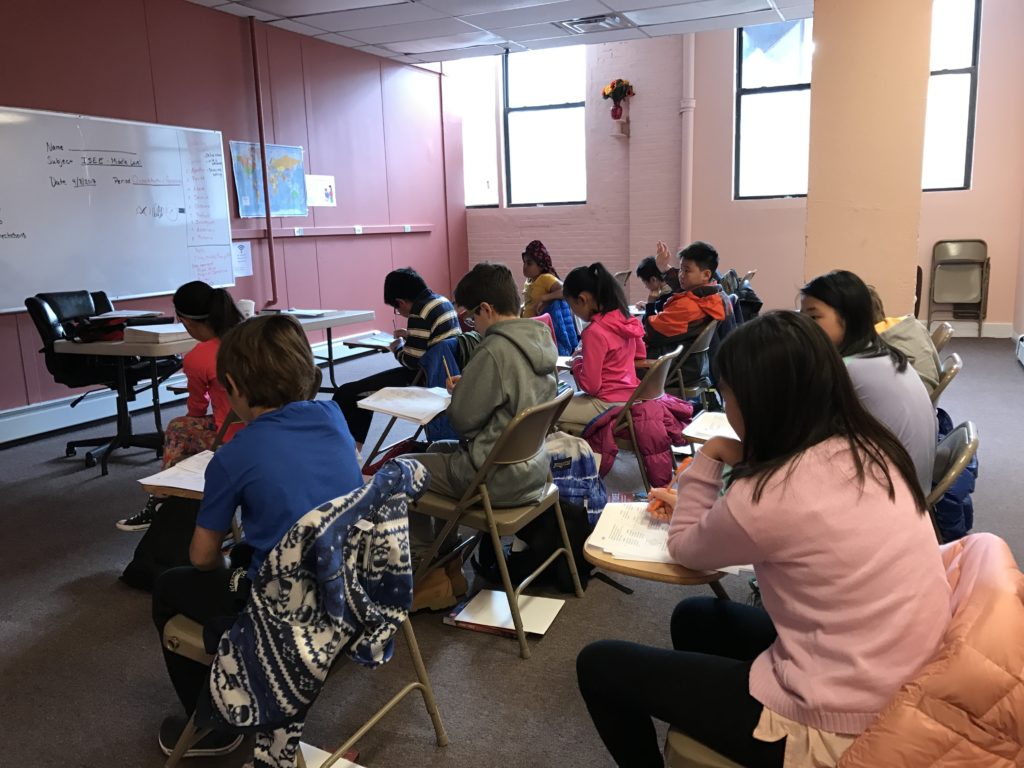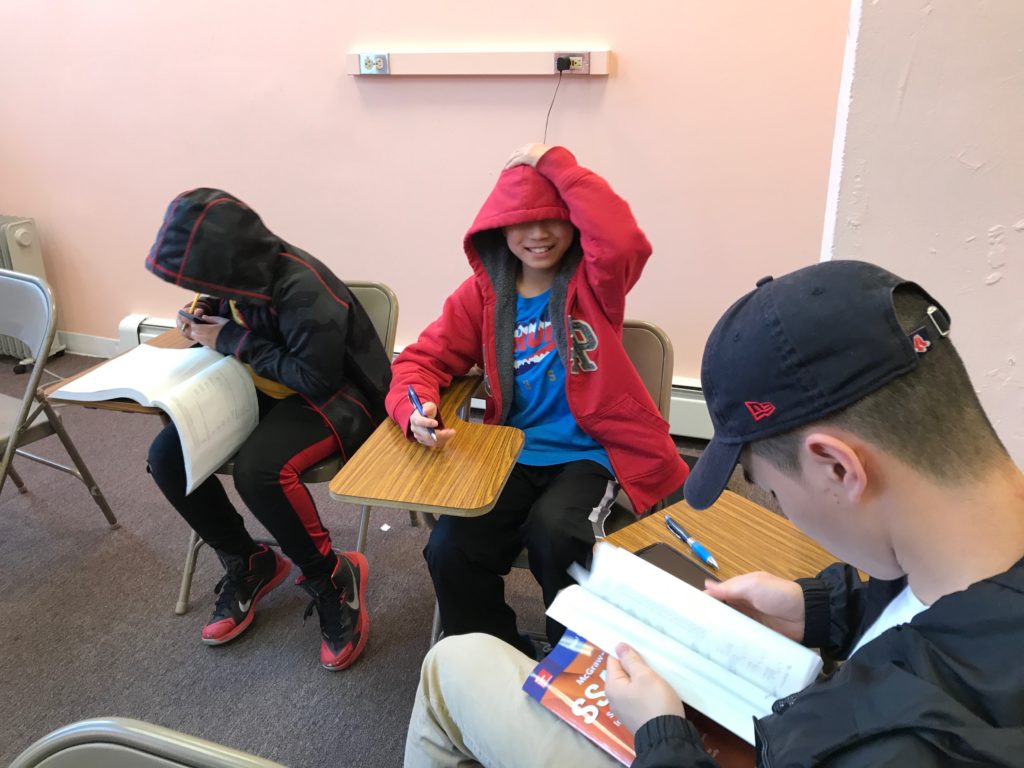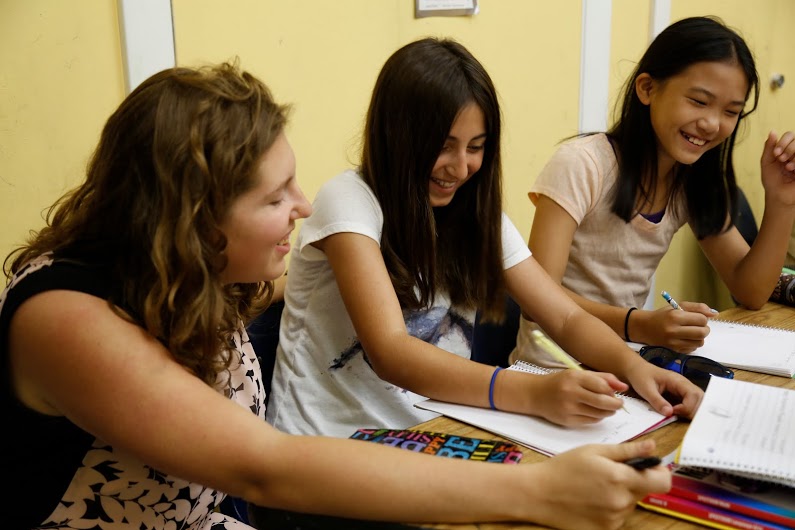
Bill Gates and Warren Buffett aren’t just two of the richest people on the planet – they are also voracious readers. Gates is known to read nearly a book a week throughout the year, and Buffett spends hours every day reading through a large number of newspapers and financial documents. Though their preferred reading materials differ, the purpose behind both men’s actions is the same: to acquire more and better knowledge of the world and the people within it.
This type of love of reading is an invaluable tool that, sadly, too few enjoy throughout their lives. In recognition of the power it offers to lead people to success, though, many English enrichment programs make fostering real appreciation for reading a core part of their philosophy.
Curious about how they do it? Here are a couple of the most effective strategies that are used.
For many young learners, the word “reading” is associated with slogging through long, boring texts. This is an incredible shame. What reading should be is an opportunity to explore ideas and places, real or imagined, which offer insight into what it means to be a person, as well as into the world within which we all exist. Whatever a person’s interests, there is a book or article out there that can help them learn more deeply about themselves.
A good English enrichment class will offer many different kinds of text for students to read and enjoy, helping them to find writings that really speak to them. By exploring fiction, scientific articles, and many other kinds of writing besides, they will learn how to explore all sorts of written works, increase their chances of encountering material they will like, and ultimately better appreciate reading. Whatever path your child chooses in life, this kind of early exposure to different styles can help make reading a key part of their success.

Exploring many types of writing can help students gain a personal interest in reading
A regular school will usually be reasonably good at using reading exercises to teach students about the structure of writing. Students will learn about how to identify arguments and themes, about supporting evidence or crucial story beats, and the other various elements of essays, articles, and stories. Too often, however, the approach taken is a bit mechanical. There is no room for proper exploration, or for students to test themselves by thinking deeply about the writing.
They may end up with a technical understanding of the material, but never gain deeper insight into what the writing is actually saying. In effect, this makes reading into something they have to do in order to complete a particular task, rather than something they want to do for their own enjoyment and personal development.
To avoid this, and to encourage students to develop an advanced understanding and appreciation of what they read, an English enrichment course will encourage an explorer’s mentality in its students. By teaching them to question and criticize the material in front of them, and to articulate what they think or feel about what they read, this kind of program will encourage students to really learn and grow through active reading. This type of challenge transforms reading into a dynamic and exciting exercise that many young scholars will want to keep up throughout their lives.

Teaching active reading is an important strategy to use in helping students learn to love reading
Do you want your child to learn to love reading?
The academic enrichment programs at ASC A+ use sound strategies to help make that happen!